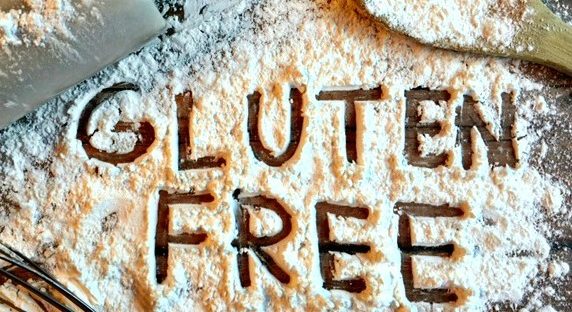Why eat gluten-free? That’s a great question! Should we all stop eating gluten? After all, humans have been eating wheat for thousands of years, so what has changed? Why have so many of us become wheat intolerant? Should anyone eat wheat? Well, one thing is clear; modern wheat is making us sick.
Modern Wheat
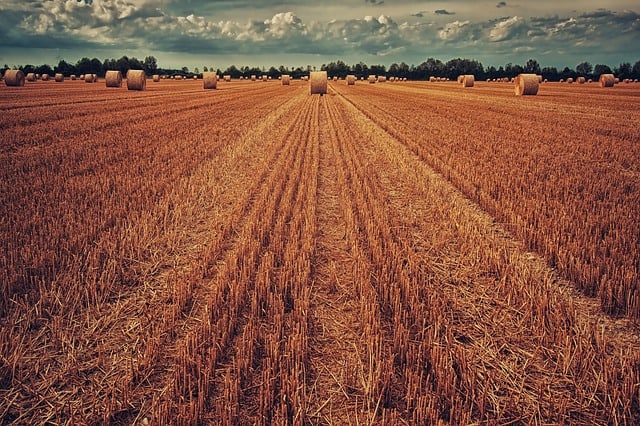
In the 1950’s, traditional wheat began a transformation. To bring a higher yield from the plant, wheat began to be genetically modified and treated with new pesticides and fertilizers in the interest of producing more wheat and ending starvation around the world. No one ever stopped to consider what they were doing to the nutritional value of wheat. On top of that, wheat is milled in modern processes that transforms it into a nutrient-free white flour, which is how the majority of it is consumed in the world.
Wheat was traditionally harvested while the plant was still alive, therefore leaving the enzymes and nutrients intact. It had a deep strong root that absorbed nutrients from the soil. Modern wheat is known as dwarf wheat, which has a shallow root, absorbing little nutrients, and it is harvested dead. The result is wheat that contains very high amounts of gluten, pesticides, and antinutrients.
Gluten’s effect on the body
The high amounts of gluten in modern wheat can cause inflammation in the intestinal tract and can lead to a leaky gut. Leaky gut happens when small particles of undigested food “leak” through the intestinal wall and go into the bloodstream. These particles cause inflammation in the body. Leaky gut syndrome leads to many autoimmune diseases which include autism, asthma, ADHD, diabetes, cancer, heart disease, hypothyroid disease, IBS, Crohn’s disease, colitis, and many others.If you already have an auto-immune disease, eating wheat is like pouring fuel on the fire.
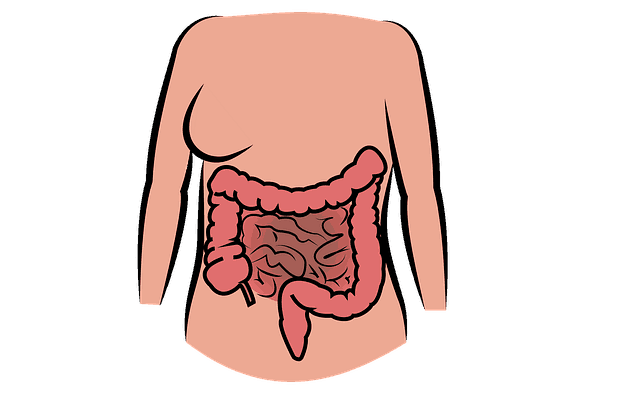
Signs of Gluten Intolerance
Many people may not be celiac, but still show signs of gluten intolerance. Symptoms include:
- Bloating
- Diarrhea, constipation
- Abdominal pain
- Headache
- Fatigue
- Exema, psoriasis
- Depression
- Unexplained weight loss
- Anemia
- Anxiety
- Autoimmune disease
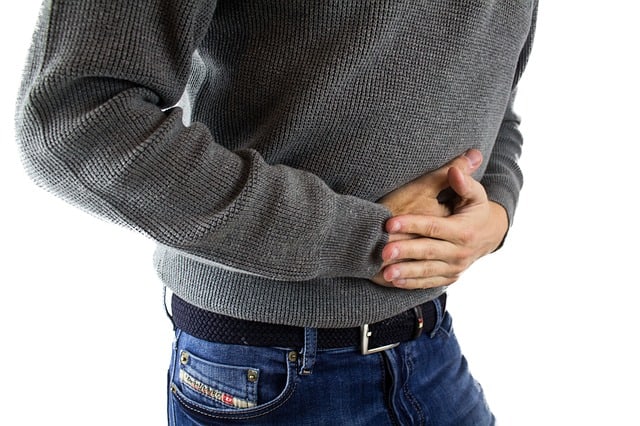
If you are not sure if you are intolerant, a simple way to find out is to eliminate gluten from your diet and see how you feel. Some of us are so used to feeling tired, lethargic, bloated, etc.; you think it is normal. Giving up gluten may be the answer!
Should Everyone EAt gluten-free
Although you may not have the celiac marker, you should still avoid gluten. There have been several recent studies showing that gliadin, a protein component of wheat, causes intestinal damage even in non-celiac individuals. Wheat is also genetically modified and contains a very high amount of pesticides. Other studies have shown that eating wheat contributes to the growth of pathogens in the gut. Remember, all auto-immune disease starts in the gut.
How difficult is it to Eat gluten-free?
I know it may seem so hard eat gluten-free. You want pasta, pizza, and bread. I get it, and I will admit, when we first began eating gluten-free about 18 years ago, it was difficult. There were so few products available, and gluten seemed to be in just about everything that comes in a package or a bottle. Fortunately, it is so simple nowadays. There are so many delicious alternatives to wheat products, you’ll never miss it! Grocery stores have entire aisles devoted to gluten-free products. Labels are much clearer now and easier to tell if it is gluten-free. Even several restaurants label “gluten-free” on their menus and carry gluten-free products. I see gluten-free menus at pizza restaurants. Even Chick-fil-A sells a gluten-free bun!
Does the Gluten-free label mean healthy?

Many people get diagnosed with celiac or give up gluten for health reasons and turn to processed gluten-free products in the grocery store, that are really just junk food. Most of these products are made from starchy flours and are loaded with sugar and salt. On top of that, food companies have jumped on the bandwagon of labeling things “gluten-free”, trying to convince people it is health food. They include ingredients like white rice flour, tapioca starch, potato starch, cornstarch, sugar, xanthum gum, and guar gum. These ingredients are highly refined and have no nutritional value. Even my husband had brought home chocolate cookies, claiming, “They’re healthy, it says gluten-free!” They were not healthy.
Best Gluten-free food
Making food homemade is always best, but there are plenty of healthy gluten-free products out there. My blog is full of recipes that are all gluten-free. I use ingredients like brown rice, sorghum flour, arrowroot flour, millet flour, almond flour, coconut flour, teff flour, garbanzo bean flour, and tiger nut flour. They are all whole grains loaded with nutrients. You can check out the shopping page for some products I recommend.
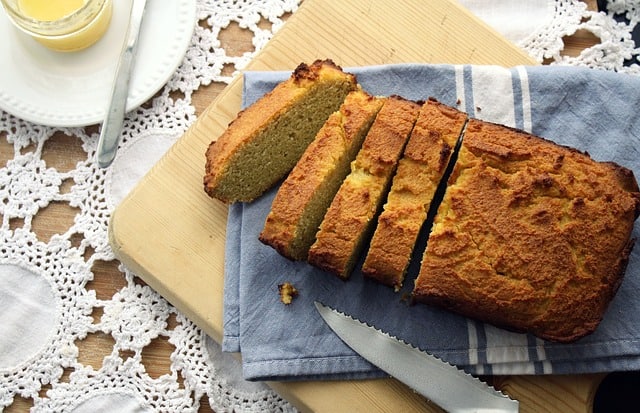
WHY Eat Gluten Free?
So why eat gluten free? A gluten-free diet is simply better for your health. Once you give it up, you will notice pretty quickly, how much better you feel. You will naturally have more energy, be more alert, be less bloated, and will lose weight more naturally. Give it a try! As always, I am available to help anyone on their journey. If you have questions, please email me or simply enter them in the comments below. Happy Eating!
